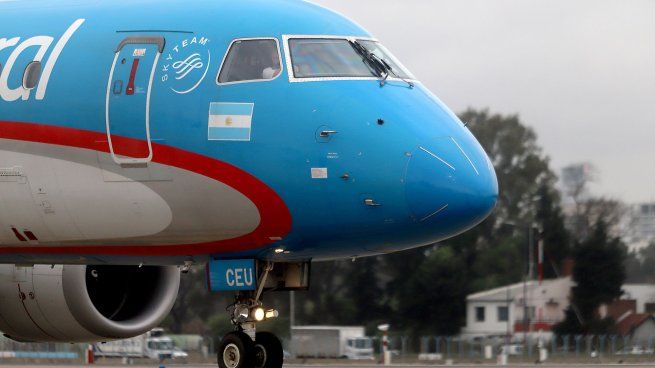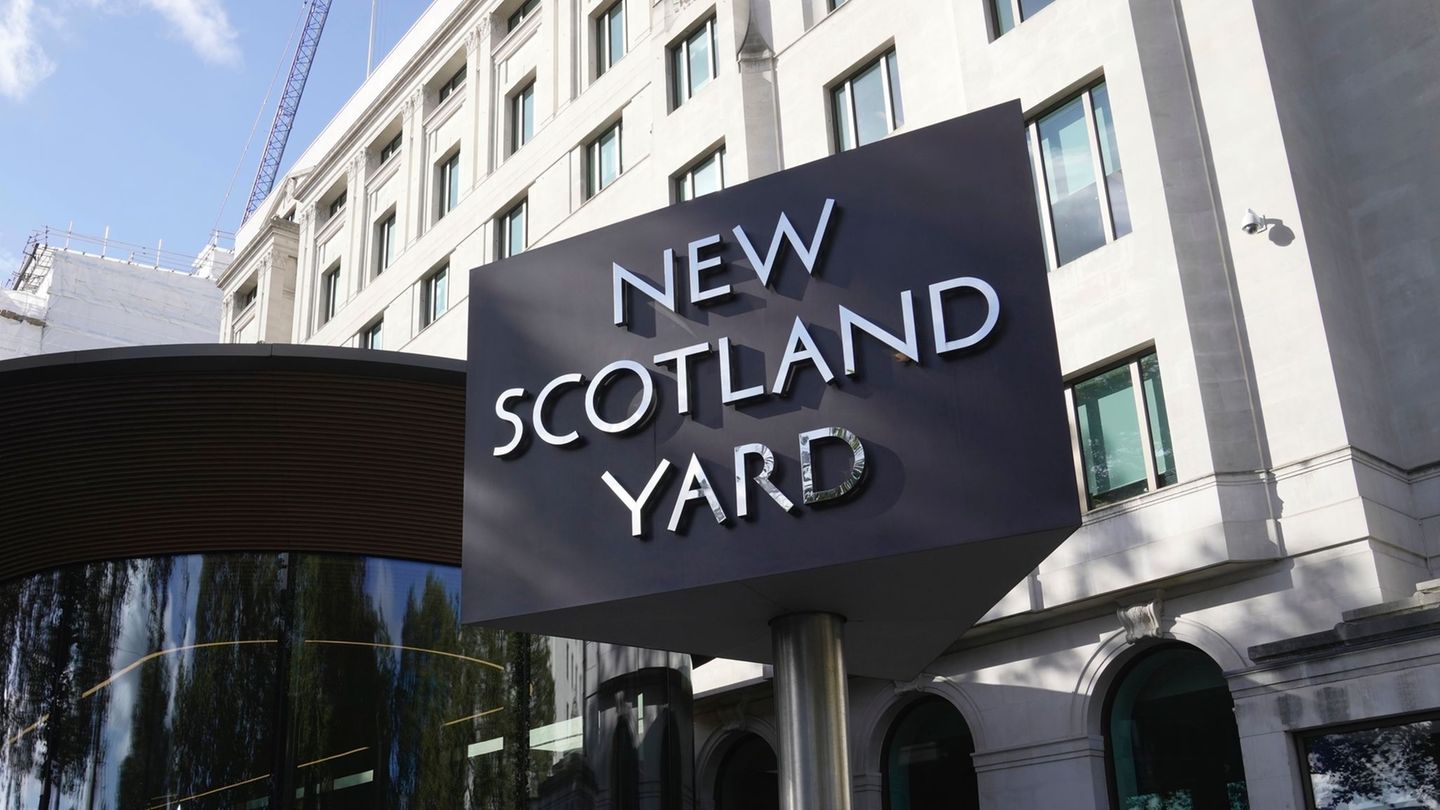Aerolíneas Argentinas controls 65% of the cabotage market, the company’s most profitable and the focus of eventual privatization. They ask provinces to share the cost of deficient flights to the interior
The Government is evaluating the possibility of moving forward with a privatization segmented into Aerolíneas Argentinas ahead of this afternoon’s meeting with the aeronautical unions to avoid new forceful measures that affect airports. The integrated plan would include the closure of international routes that cause losses with a focus on the privatization of the operation of domestic flights and a claim to the governors to share the costs of loss-making flights within the country.
The content you want to access is exclusive to subscribers.
At Casa Rosada they are moving forward with the option of putting the focus of privatization first on domestic flights, the company’s most profitable within the framework of a comprehensive plan that would include the closure of international routes. Aerolíneas Argentinas’s main operational asset is the control of 65% of the flights to the provinces, most of which are not replaceable by another means of transportation taking into account the lack of infrastructure and the extension of the national territory.


Privatization by law
That is why in La Libertad Avanza, in parallel to the opinion in Deputies of a bill that declares the company subject to privatization, they are focusing on a plan to privatize the operation of flights within the country. The scheme also involves the governors. If any province is interested in maintaining a cabotage route that is not profitable, it will be invited to assume the costs to collaborate with the goal of fiscal balance, an iron axiom reinforced by the management of Javier Milei. ““We must sit down with the governors and mayors to share the costs of the deficit destinations, why do all Argentines have to pay for it?” points out in response to the query Scope an official aware of the negotiations.
Last year, Aerolíneas Argentinas domestic flights transported 11 million passengers, 63% of the total market according to information from the National Civil Aviation Administration (ANAC). In the first 7 months of this year, the percentage rose to 65.7% of the total, making it the segment of operations that opens the greatest interest for privatization. In international flights, the company covers almost 25% of operations: In 2023, 1.7 million passengers flew, 24.2% of the total.
The National Executive Branch shakes the hammer of the closure of Aerolíneas Argentinas before public opinion to tame the unions. But he is not willing to bankrupt the company at a loss due to the need for fresh dollars that would arrive through a segmented privatization scheme. To achieve this, the Government’s first objective is to modify collective agreements to eliminate benefits for aeronautical personnel. These are the free flights that workers and their families receive, remises, flight hours system and bonuses paid by the company.
Viability of Aerolíneas Argentinas
After last Friday’s meeting, the negotiation between the company and the unions is at a stalemate. Fabián Lombardo separately received the Association of Airline Pilots (APLA), the Association of Aeronautical Personnel (APA) and the Aircraft Guild. The company assures that they did not present any alternative proposal for the financial viability of Aerolíneas in the face of the deficit of some 400 million dollars recorded in 2023.
“The brutality of the forceful measures of the unions, especially of the Intercargo workers, were functional to the government’s strategy, now they are going to have to give in”are excited at Casa Rosada ahead of the new meeting that will take place this afternoon. In the unions, they not only perceived the boredom of public opinion with surprising, almost permanent and even extreme measures such as leaving passengers locked inside flights, but they also registered that Javier Milei is not willing to give in.
The President took on the battle against the aeronautical unions as his own and appointed the Secretary of Transportation, Franco Mogettato the Minister of Security, Patricia Bullrich already Federico Sturzenegger, Minister of Deregulation, to contain the conflict and advance a macro scheme of segmented privatization. While advancing with the privatization plan under the threat of opening a preventive crisis procedure before the Ministry of Labor, the national government would be in a position to show the last quarter of the year as the first without losses since the renationalization of the company in 2008.
Source: Ambito
I am an author and journalist who has worked in the entertainment industry for over a decade. I currently work as a news editor at a major news website, and my focus is on covering the latest trends in entertainment. I also write occasional pieces for other outlets, and have authored two books about the entertainment industry.




